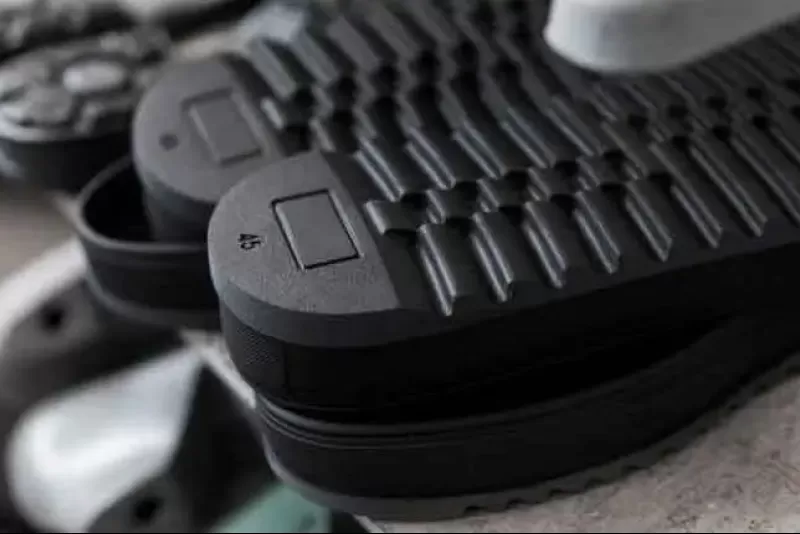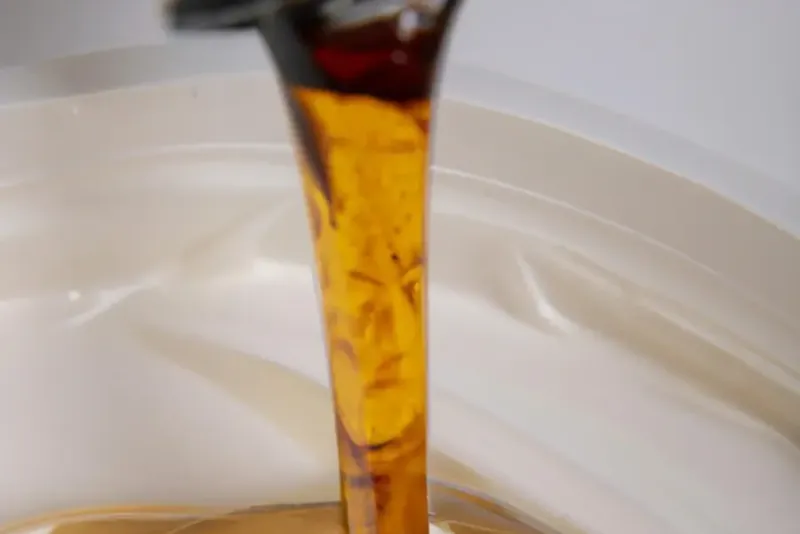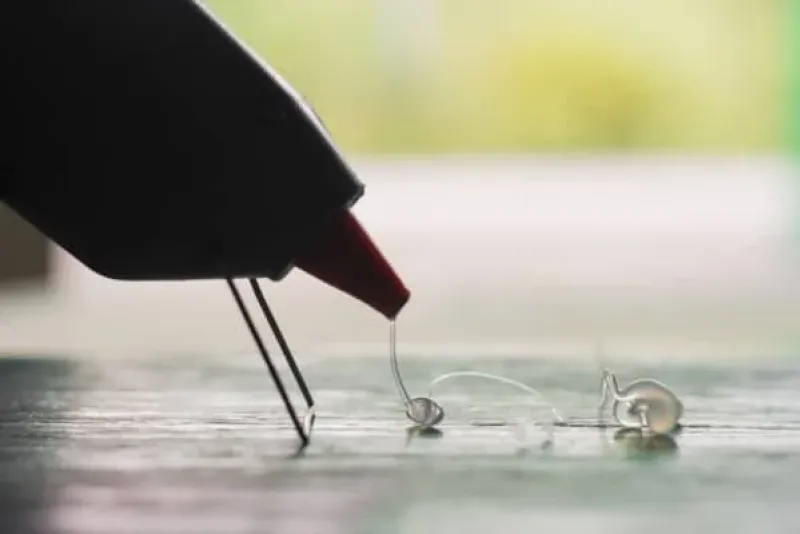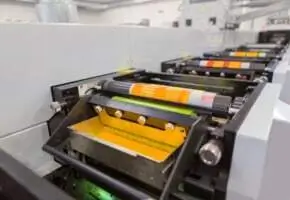Industrial sealants
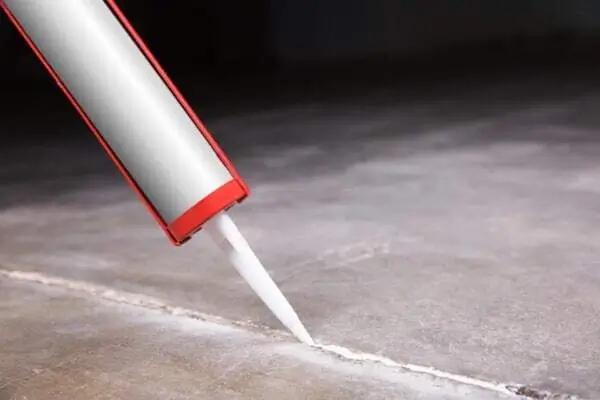
Durable seals with industrial sealants
A sealant is a chemical product which creates a mechanical seal. The main purpose of both DIY and industrial sealants is to fill gaps, cracks, joints and other openings that otherwise might cause seepage of liquids, gas or other unwanted matter. When two or more parts are joined together, gaps are inevitable. Also damage and deterioration may lead to cracks that require filling in order to guarantee durability. This is where industrial sealant solutions come into picture creating strong and watertight seals.
Note that sealants are no alternative to adhesives even though some sealants, such as epoxies and specially formulated polymers, have adhesive properties. Also special sealant adhesives exist.
Why industrial seal systems
Industrial sealants and adhesives are generally considered stronger than the systems intended for consumer use. Even though this may be true, it is good to keep in mind that the industrial seal solutions also involve working with more aggressive chemicals and may require broader knowledge of working with chemicals in order to guarantee optimal results. Therefore, a DIYer may sometimes achieve better results with less strong, consumer products. However, when looking for sealing systems for industry, marine and industrial sealants are a must.
Sometimes industrial sealants and adhesives can be used together to create the best solutions. An adhesive bond can be sealed afterwards to protect the bond and guarantee longevity.
Choosing industrial sealants based on curing process
Generally industrial sealants are present throughout industries from automotive and infrastructure to electronics and aerospace. There are many different types of industrial seals. One of the ways to divide them into categories is looking at the sealant curing processes.
Curing is the process which hardens the sealant to its final shape and strength.Some industrial sealants cure in a few minutes whereas others may require weeks to be completely hardened.
The main types of curing are as listed below:
- Evaporation: the industrial seal solutions that cure in room temperature through evaporation are either water or solvent based. The sealant reaches its final cure when the moisture has left the system.
- Thermal curing: thermal curing sealants do not reach their final strength and toughness before they can harden under high heat specified for each product. Thermal cure sealants exist as thermosets which do not soften in high temperatures, and thermoplastics which can be reshaped when heated again.
- UV/Radiation: some sealants cure under exposure to UV light or electron beam instead of heat. The UV and EB curing sealants have shorter curing time than thermally cured sealants and the curing demands less energy consumption.
- Anaerobic curing: the anaerobic curing sealants cure in the absence of oxygen. They are common in joining metal parts exposing them to metal ions.
- Moisture curing: the moisture curing sealants are applied to the joint and left untouched to allow them to cure at room temperature using the moisture in the air or material to cure. The curing time varies from 30 minutes to 4 hours depending on the product, the thickness of the seal and the ambient humidity.
The 5 main types of industrial sealants
Currently, there are more than 40 different types of industrial sealants available. However, the list of the most used sealants is much shorter: here we will introduce the 5 most common industrial sealants looking into their properties and uses throughout industries. You can receive more information on these or any other type of industrial sealants by contacting us.
1. Polymer based sealant solutions
Description: polymer based sealants are a group of products including polyester, polyamide, polysulfide, vinyl and polyurethane sealants. They are most commonly cured in ambient temperature but allow for other curing methods such as thermal and anaerobic curing.
Properties: polymer sealants form permanently flexible seals, which makes them ideal for joints that experience movement.
Industrial uses: polymer sealants are the most common in locations requiring expansion joints such as airport runways. Brickwork and bridge joints also use polymer seals, and polymer glazing can be used for capping glazing purposes.
2. Phenolic industrial seal solutions
Description: phenolic sealants are usually realized as a combination of phenol and formaldehyde. These sealants not only seal joints but also provide effective bonding. Phenolic sealant is also the only type of sealant that exists as powder, liquid and films.
Properties: phenolic sealants are especially famous for their resistance to high temperatures and temperature fluctuation. They also have adhesive properties.
Industrial uses: phenolic sealants are suitable for applications involving sealing and bonding plywood, constructing buildings and in appliance industry.
3. Epoxy sealants for industry
Description: when extreme strength and toughness is sought for, epoxy sealant is the solution. Epoxy sealants are usually supplies as two component systems consisting of a resin and a hardener, just like epoxy adhesives. They are mixed together prior to application at a rate set specifically for each product. Epoxy sealants cure in room temperature, but sometimes need additional heat to harden completely.
Properties: epoxies are the most famous for their extreme strength and toughness. They also make up one of the few sealants that have exceptional adhesive properties.
Industrial uses: due to their strength epoxies are common across industries including automotive, marine and aviation. They also provide exceptional electrical insulation making them perfect for electronics.
4. Acrylic industrial sealants
Description: acrylic sealants exist from acrylic acid via catalytic reaction. These sealants are curable through various methods. When thermally cured, the curing time is the lowest.
Properties: acrylic sealants have good bonding properties and they eliminate all kinds of infiltration by foreign particles. Additionally, they are paintable, odorless and flexible. Acrylic sealant is also an option for outdoor applications since it is resistant to the elements. Note that acrylics are prone to chemical damage and should not be applied where chemical exposure is likely.
Industrial uses: the most common applications of acrylic sealant includes sealing doors and window frames. They are also common in many domestic applications.
5. Silicone based sealants
Description: silicone based sealants are the most common industrial sealants as they are versatile, strong and affordable. They have a life expectancy of 10-20 years. Silicone based sealants exist in two types: neutral cure and acetoxy.
Properties: silicone based sealing solutions are strong and watertight. Thanks to modification, they can also have special properties such as heat and chemical resistance.
Industrial uses: the range of industrial uses of silicone sealing systems is broad. They are suitable for example for glazing as a structural sealant and sealing electric sockets.
Material compatibility of sealants in industrial applications
When choosing an industrial sealant, one of the most important things to consider is the product´s compatibility with the planned substrate. To enlighten the possibilities we have created a list of the most common substrates and the sealant types compatible with them.
- Concrete: one of the most common construction materials, concrete, can be sealed with polymer sealants.
- Metal: silicone and polymer sealants usually provide the best results for metal joints. Silicone works especially well on aluminum, iron and steel.
- Porous materials: sealants with high viscosity or gelly structure work the best on porous surfaces. Silicone, polymers and epoxy are common on porous materials.
- Textiles: phenolic and silicone based sealants work the best on textile.
- Plastics: silicone and polymer sealants perform the best on plastic surfaces depending on the composition of the plastic.
- Ceramics: epoxy silicone and acrylic sealants bring the best results on non-metallic ceramic surfaces.
More information about industrial sealing solutions
Do you need assistance in choosing the right industrial durable sealant, or have you chosen one and would like to find the best product? Contact us and let our experts help you find the best industrial sealants for your applications.
What solution are you looking for?
We are specialized in the about adhesives. Need the best products or advice? Then please leave your details and we will get in touch.

